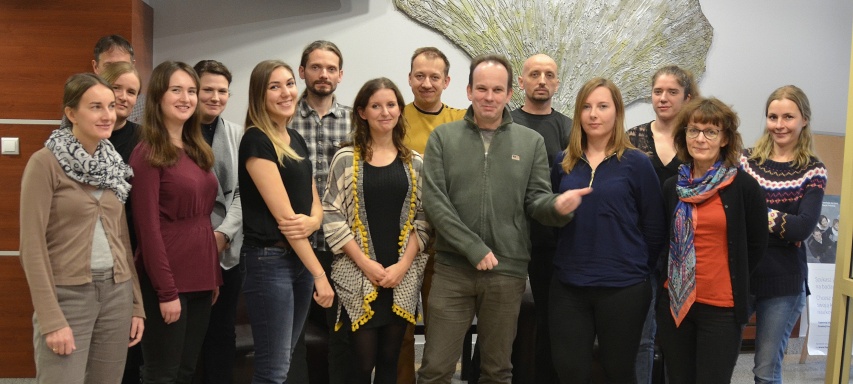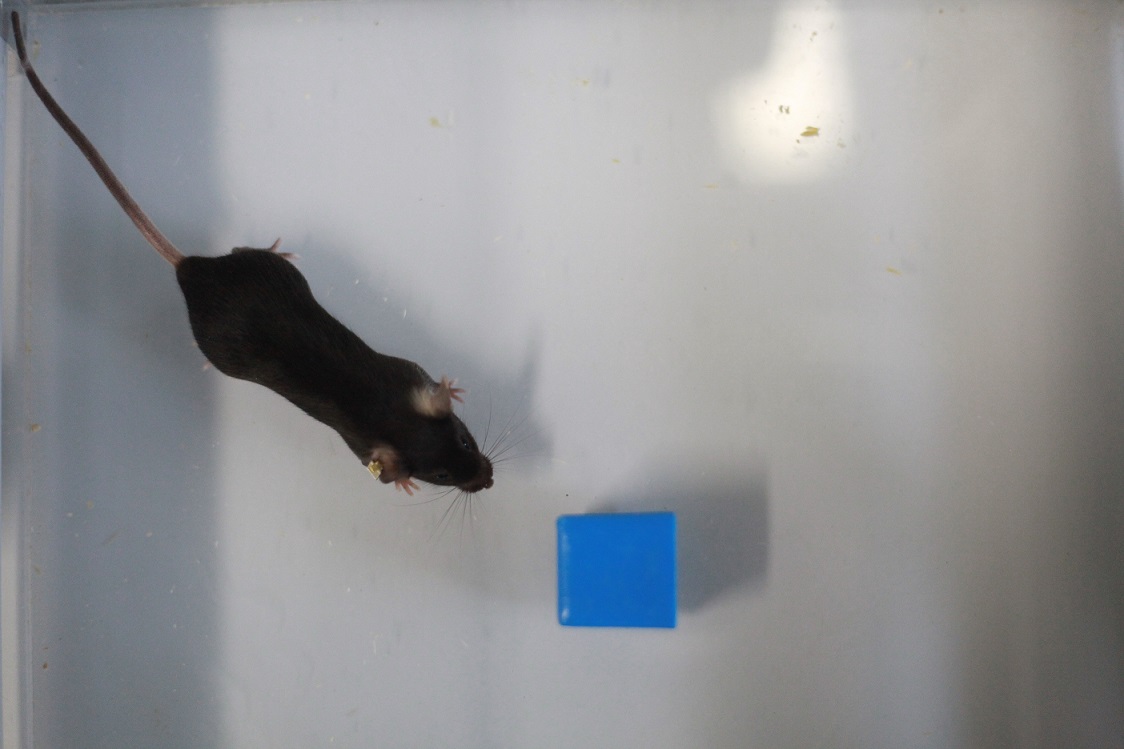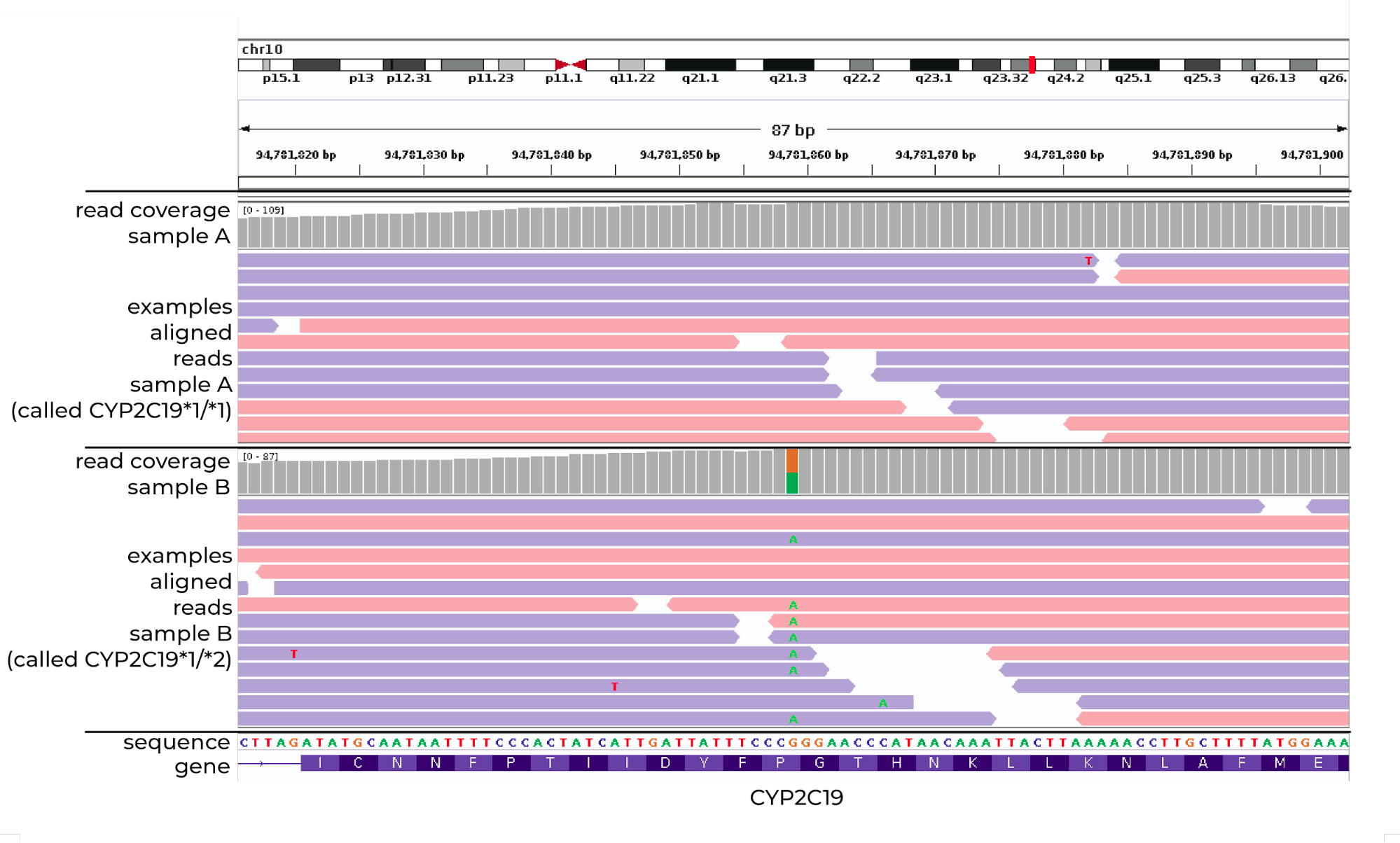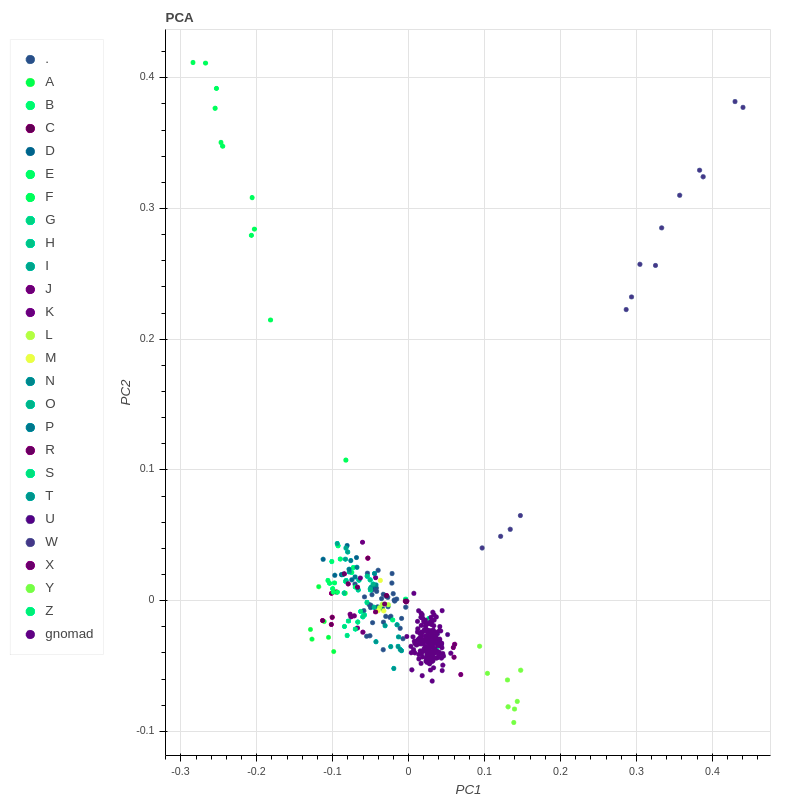Department of Molecular Neuropharmacology

Scientific profile
- About department
- Employees
- Laboratories
Our research focuses on three areas: the reward system of the brain, the molecular mechanisms of drug action, and neuro-pharmacogenomics.
The reward system of the brain encompasses all brain areas involved in reward-driven behaviors, with the mesolimbic dopamine system at the core. We have been studying the mechanisms involved in the plasticity of dopaminergic and dopaminoceptive neurons, and also the role of endogenous opioids in signaling rewards.
As the name of the Department implies a large part of our research focuses on the cellular and the molecular mechanisms of actions of psychotropic drugs, also with an emphasis on opioids. We hope that elucidating molecular signatures of drug action will lead to the identification of mechanisms essential for their therapeutic effects.
In recent years we have also been involved in neuro-pharmacogenomics, searching for associations between genetic background, neuropsychiatric disorders, and the effectiveness of pharmacotherapy. We use next-generation sequencing to discover novel common as well as rare genetic variants associated with drug effectiveness and safety. This is of particular interest in psychiatry due to large interindividual differences in therapy responses.




Professor Jan Manuel Rodriguez Parkitna, dr hab.
Head
Employees
Professor Ryszard Przewłocki, dr hab.
Michał Korostyński, dr hab.
Marcin Piechota, dr
Ganna Shayakhmetova, dr
Małgorzata Borczyk, dr
Sławomir Gołda, dr
Zofia Harda, dr
Alla Voronina, dr
Barbara Ziółkowska, dr hab.
Łukasz Szumiec, mgr
Lidia Radwan, mgr
Jacek Hajto, mgr
Klaudia Misiołek, mgr
Magdalena Ziemiańska, mgr
Mateusz Zięba, mgr
Employees
Michał Korostyński, dr hab.
Marcin Piechota, dr
Małgorzata Borczyk, dr
Jacek Hajto, mgr
Mateusz Zięba, mgr
Achievements
- Publications
- Grants
- Awards
Grant
The developmental changes in the endogenous opioid system associated with altered sensitivity to reward during adolescence
Klaudia Misiołek, MSc
Grant
Kappa opioid receptors integrate neuronal signaling involved in social behavior
Professor Jan Manuel Rodriguez Parkitna, PhD
Award
The Jerzy Konorski Team Award for the best study in neurobiology conducted in Poland awarded every year by the Polish Neuroscience Society and Committee of Neurobiology of the Polish Academy of Sciences
Professor Jan Manuel Rodriguez Parkitna, PhD
Delta-opioid receptor antagonism leads to excessive ethanol consumption in mice with enhanced activity of the endogenous opioid system.
Poznanski P, Lesniak A, Korostynski M, Szklarczyk K, Lazarczyk M, Religa P, Bujalska-Zadrozny M, Sadowski B, Sacharczuk M
DOI: 10.1016/j.neuropharm.2017.03.016
Blood Transcriptional Signatures for Disease Progression in a Rat Model of Osteoarthritis
Michał Korostyński, Natalia Małek, Marcin Piechota, Katarzyna Starowicz
DOI: 10.1155/2017/1746426
The neuroprotective effects of orthosteric agonists of group II and III mGluRs in primary neuronal cell cultures are dependent on developmental stage.
Jantas D, Gręda A, Gołda S, Korostyński M, Lasoń W
DOI: 10.1016/j.neuropharm.2016.09.003
Behavioral and transcriptional patterns of protracted opioid self-administration in mice.
Skupio U, Sikora M, Korostynski M, Wawrzczak-Bargiela A, Piechota M, Ficek J, Przewlocki R
DOI: 10.1111/adb.12449
Contractile properties of motor units and expression of myosin heavy chain isoforms in rat fast-type muscle after volitional weight-lifting training.
Łochyński D, Kaczmarek D, Mrówczyński W, Warchoł W, Majerczak J, Karasiński J, Korostyński M, Zoladz JA, Celichowski J
DOI: 10.1152/japplphysiol.00330.2016
Endogenous opioids regulate glucocorticoid-dependent stress-coping strategies in mice.
Szklarczyk K, Korostynski M, Golda S, Piechota M, Ficek J, Przewlocki R
DOI: 10.1016/j.neuroscience.2016.05.034
Molecular profile of dissociative drug ketamine in relation to its rapid antidepressant action.
Ficek J, Zygmunt M, Piechota M, Hoinkis D, Rodriguez Parkitna J, Przewlocki R, Korostynski M
DOI: 10.1186/s12864-016-2713-3
Mechanisms of Attenuation of Pulmonary V'O2 Slow Component in Humans after Prolonged Endurance Training.
Zoladz JA, Majerczak J, Grassi B, Szkutnik Z, Korostyński M, Gołda S, Grandys M, Jarmuszkiewicz W, Kilarski W, Karasinski J, Korzeniewski B
DOI: 10.1371/journal.pone.0154135
Kainic Acid Induces mTORC1-Dependent Expression of Elmo1 in Hippocampal Neurons.
Blazejczyk M, Macias M, Korostynski M, Firkowska M, Piechota M, Skalecka A, Tempes A, Koscielny A, Urbanska M, Przewlocki R, Jaworski J
DOI: 10.1007/s12035-016-9821-6
Seqinspector: position-based navigation through the ChIP-seq data landscape to identify gene expression regulators.
Piechota M, Korostynski M, Ficek J, Tomski A, Przewlocki R
DOI: 10.1186/s12859-016-0938-4